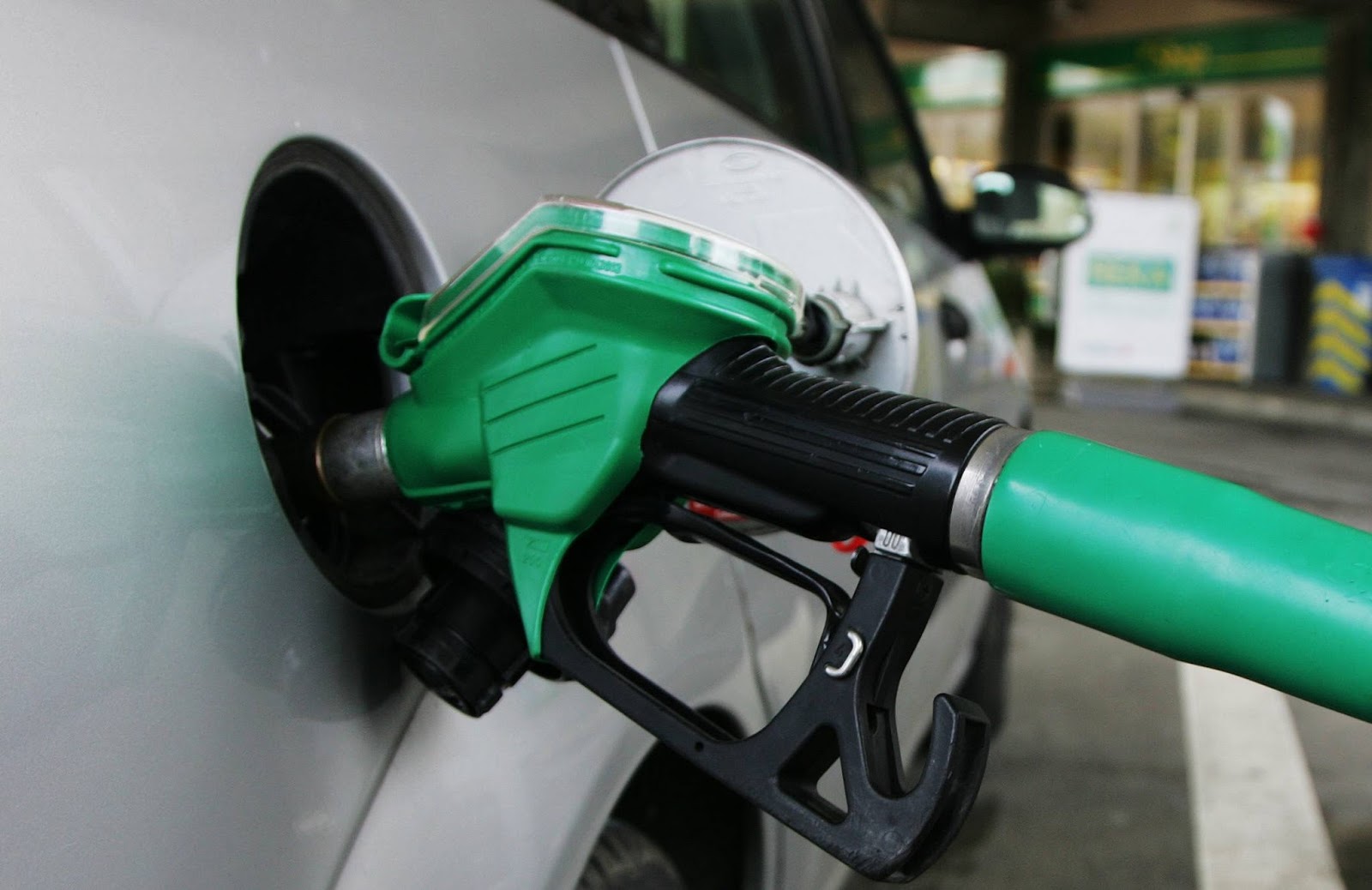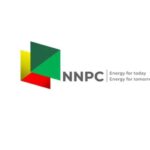Nigerians across the country on Wednesday reacted angrily as oil marketers’ commenced sale of fuel at between N148 and N 150 in some cities.
The increase from N141 per litre band to N150 was as a result of increase in ex-depot price to N138.6, Daily Trust reports.
Though the Federal Government had yet to officially announce the new pump price as at the time of filing this report Wednesday night, some marketers in Kano, Abuja and Lagos had gone ahead to sell between N148 and N150, our correspondent observed.
The government on Wednesday fixed ex-depot price of petroleum at N138.62, an increase of N6 from its previous N132 – N133.
This means N6 may be added to a litre of petrol by retailers at fuel stations across the country.
The new ex-depot price was contained in an internal memo by the Petroleum and Products Marketing Company (PPMC) released Tuesday.
Though the Petroleum Products Pricing Regulatory Agency (PPPRA), met with oil marketers Tuesday afternoon, it neither announced new pump price of petrol nor the ex-depot price of Premium Motor Spirit (PMS).
Yesterday, the Independent Petroleum Marketers Association of Nigeria (IPMAN), Kano directed its members to sell fuel at N150 per litre.
The directive was contained in a statement issued and signed by the IPMAN chairman Kano chapter, Bashir Danmalam.
According to the statement the directive is in compliance with the new price modulation announced by the PPMC, which announced the new pump price.
The statement added that, the directive was also in compliance with the government’s earlier statement that it would review upward-downward price of the commodity on monthly basis depending on the price at the international market.
“This is in compliance to PPMC’s memo signed by its Manager Sales, Mohammed Bello on Tuesday, August 4, 2020, which fixed the depot price of premium motor spirit, known as petrol at N138. 62 per litre,” it stated.
The statement further revealed that the private depots had also increased their price as they would sell the commodity to their members at N139.5 per litre
It also asked all members under the Kano State chapter of IPMAN to comply with the new price regime by making sure that no one sold above the approved ceiling of N150 per litre.
IPMAN, however, directed its members to sell petrol at the old rate of N143 per litre, pending the new directive by the Petroleum Products Pricing Regulatory Agency (PPPRA).
The National Public Relations Officer of IPMAN, Alhaji Suleiman Yakubu, said this during an interview with the News Agency of Nigeria (NAN) on Wednesday in Abuja.
Yakubu, who was reacting to the new ex-depot rate of N138.62 per litre from the previous N132.62 per litre, said that IPMAN would brief its members as soon as it received directive from PPPRA.
The PPPRA maintain silence on the issue as at press time.
Angry reactions greet hike
However mixed reactions trailed the increase in price of petrol by the marketers.
Some transporters at popular Jabi Park in Abuja, who spoke with Daily Trust appealed to the government not to inflict more pain on the poor masses.
The Chairman of National Union of Road Transport Workers, Osogbo Unit at the park, Alh. Rafiu Isa, said increasing pump price at this trying time will make the masses poorer.
“Our economy is not stable, then, adding increment does not speak well. It is the masses that bear the brunt of these policies. Though, we understand that we solely depend on oil for income, government should help Nigerian masses in reducing the present pains being inflicted on poor masses’’, he said.
Another commercial driver plying Jabi-Zuba axis, Yakubu Salami said, “we don’t have power to fight the government, anything the government says, we don’t have power to change it, if we protest, we’ll just be wasting our energy.’’
He said the commercial drivers would definitely pass on the increase to passengers.
“Unfortunately, any fuel price increase, we will add to the transport fare, and this will mean more pain for the masses. I appeal to government, if they can’t bring it down, they shouldn’t add to it.
In her reaction, Blessing Bitrus, an Abuja-based civil servant, cautioned against fuel price increase, saying it would kill the morale of many civil servants in low cadre.
“They should not increase fuel price because this will definitely affect us, and some of us coming to work every day will be affected. Already, I don’t have the money, where would I get additional fare if it increases? With the way things are, it is time we protest against this present government’’, she said.
It will negatively affect small businesses – MAN
The acting Director General of Manufacturers Association of Nigeria (MAN), Mr Ambrose Oruche, said full deregulation of the petroleum industry is the solution to Nigeria’s petrol industry problems.
Oruche said fuel price increase is expected because the petroleum industry is now fully deregulated, as such, the price will keep fluctuating.
The hike in fuel price according to MAN boss is a sign that the petroleum industry had been deregulated, adding that fixing of price was no longer in government’s hands but determined by market forces.
“What government is trying to do is to control the hands of the market forces so as not to take the cost beyond the ordinary Nigerians. The price increase will continue but could be better if there is a refinery where the products can be refined locally,” he said.
He stressed the need for government to sign the Petroleum Industry Bill (PIB) so that more investments could come into refineries and in turn reduce the cost incurred in procuring the products abroad and reduce the cost at which Nigerians purchase the product.
Commenting on the impact on businesses, Oruche averred that the fuel price hike would mostly affect small businesses that depend largely on PMS to power their generators.
He noted that it would also affect the cost of running some businesses because the office cars would have to be fuelled at a high cost. For big businesses that use diesel to power electricity, he noted that the hike in fuel price would have no impact on them as they were already purchasing AGO at a deregulated price.
“So small businesses will be impacted negatively by the increment,” he stressed.
To reduce the impact on businesses, he appealed to government to do more in ensuring that that power generation and distribution was efficient so that citizens could get at least 20hours power supply daily to reduce dependence on PMS to power generators.
He also stressed the need for government to compensate small businesses that would be affected through tax rebate or grants so as to remain in business and remain competitive.
Experts speak
Commenting, an Economics Lecturer at Yobe State University, Binta Yahya, said history has shown that fuel price increase in Nigeria affects the Nigerian economy in so many ways.
She said: “For instance, the first aspect is in inflation, you notice that price generally increases. The second one is change in consumer consumption pattern and the third one is change in production process. Everything dramatically increases.
‘‘People will try to cut down on cost, but because of the nature of the importance of fuel in the process of production and remember it is also a very important factor of production. You have to use it to cook, to transport or to power your engines. So for residential and other uses, we find out that it has affected all aspects of life’’.
Also speaking a financial economist based in Abuja, Aliyu Liman, said a hike in fuel pump price would further exacerbate inflation and impoverish the most vulnerable.
“This is so because inflation diminishes purchasing power. Considering the fact that COVID-19 is still pummelling the economy, one is stunned that instead of the government to provide palliatives or reliefs it’s punishing the citizenry.
“On the other hand, the government has been in a terrible fiscal state and it is desperate to get out of the hole. So, this increase can possibly help with its finances, by giving it more fiscal space,” he added.
PPPRA declines comment
The PPPRA, which is in the agency in charge of fixing and announcing fuel price refused to comment on the increase last night.
Its spokesperson, Apollo Kimshi, did not answer several phone calls from Daily Trust yesterday night. He also did not respond to messages sent to him.

 Join Daily Trust WhatsApp Community For Quick Access To News and Happenings Around You.
Join Daily Trust WhatsApp Community For Quick Access To News and Happenings Around You.


